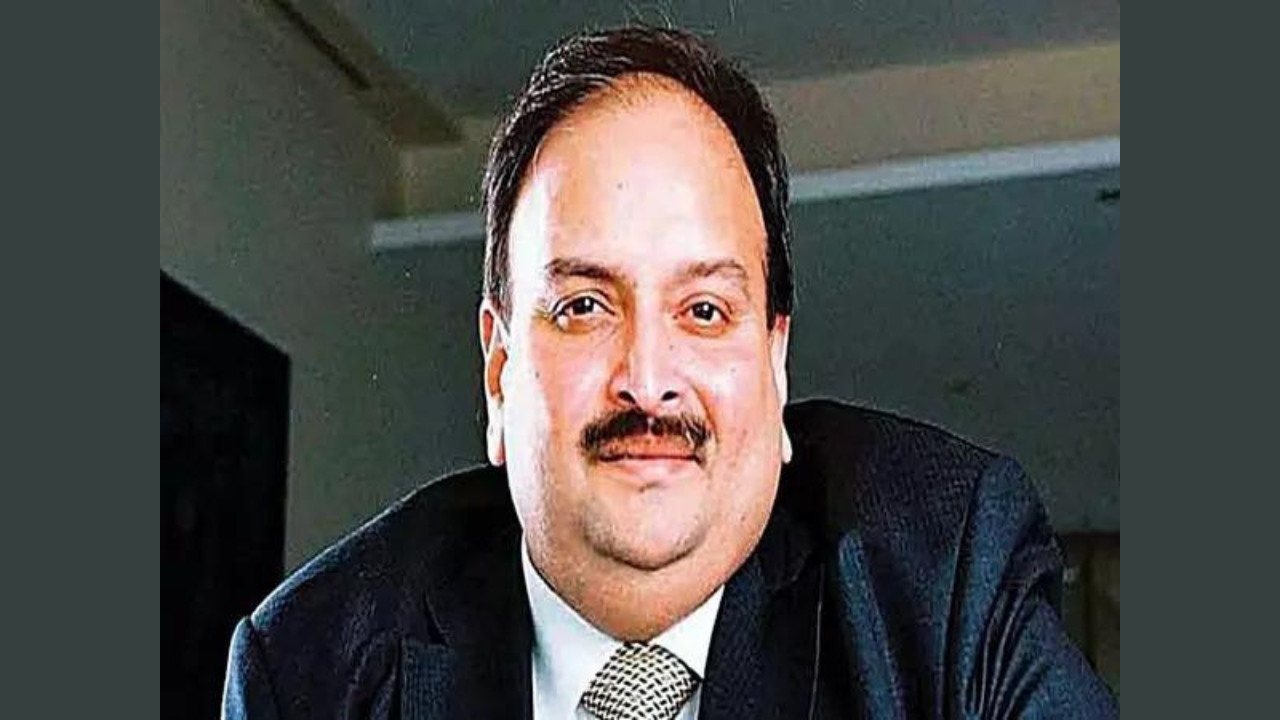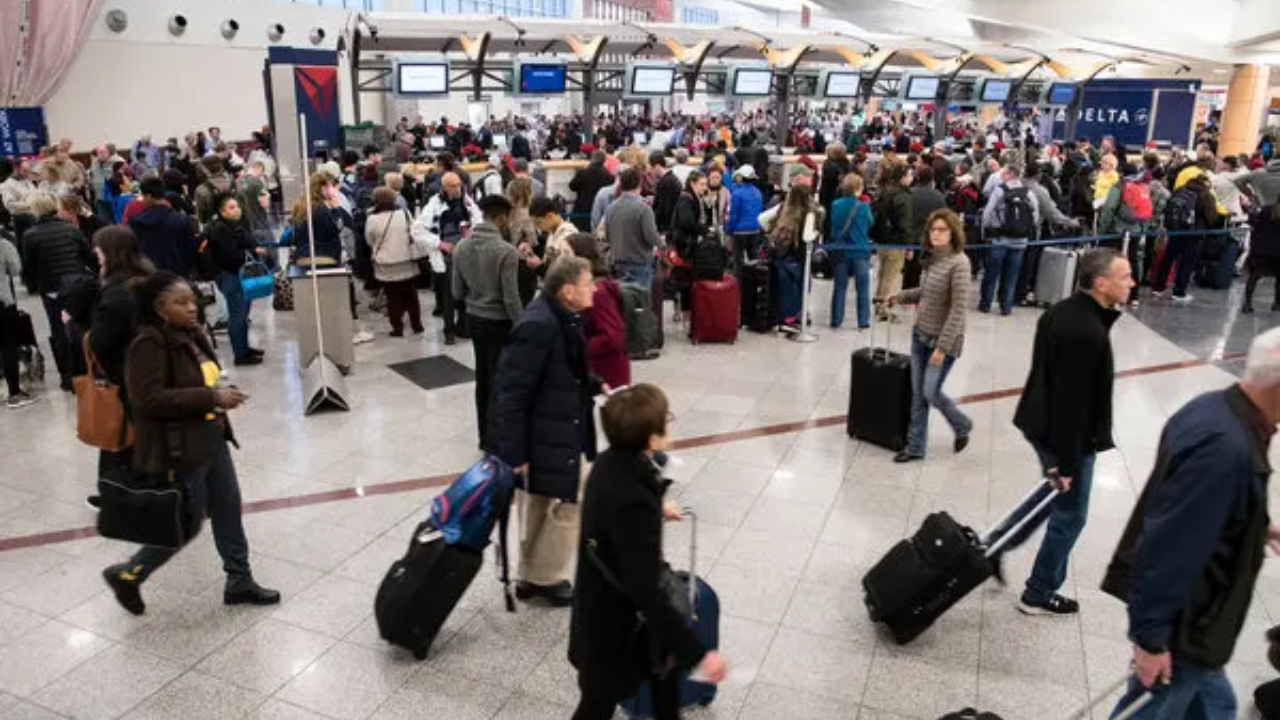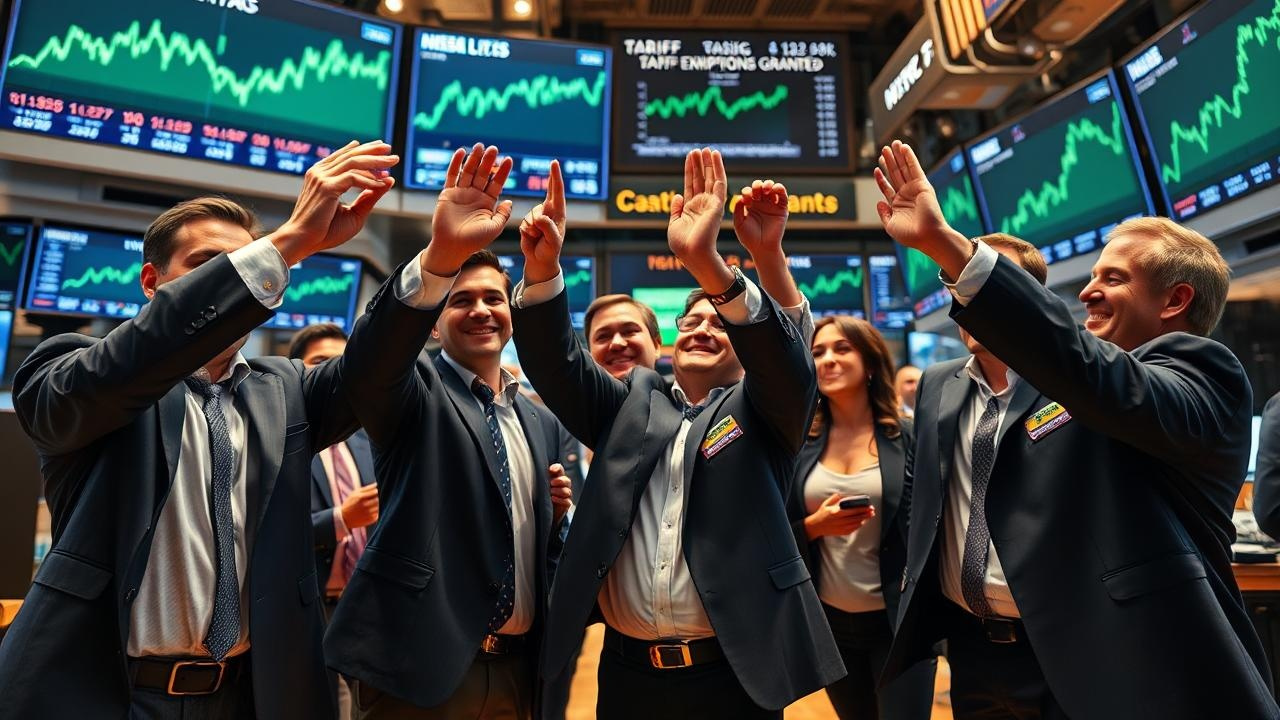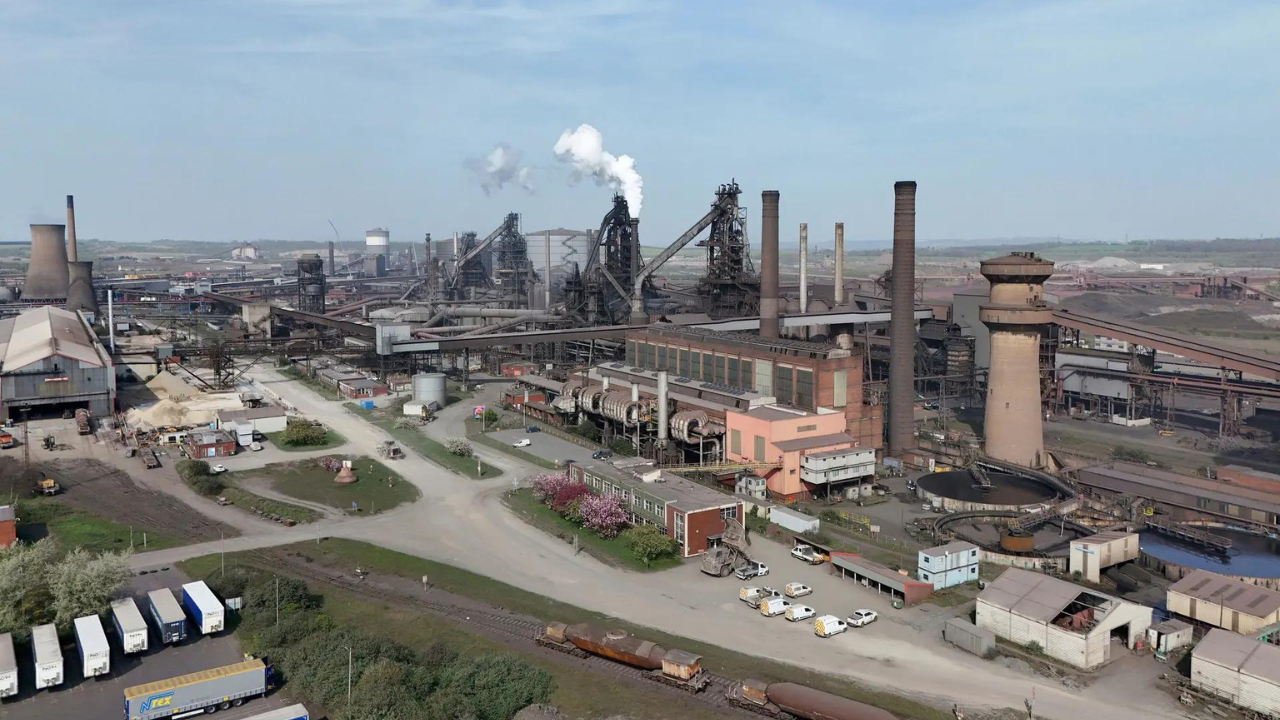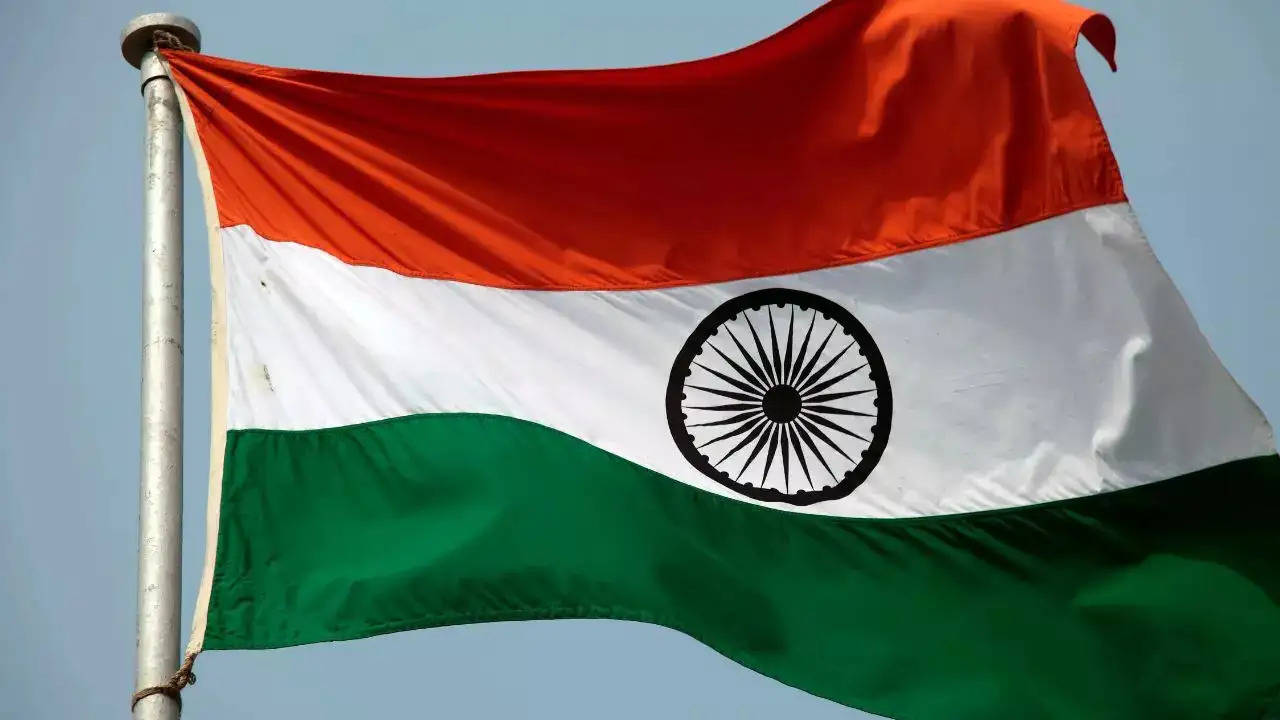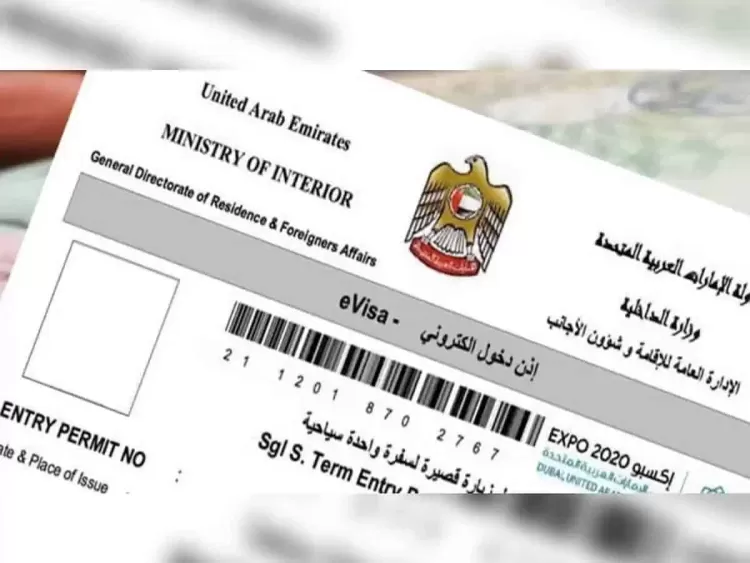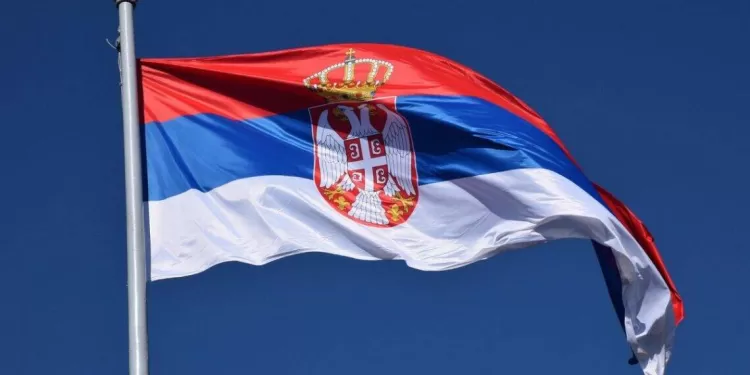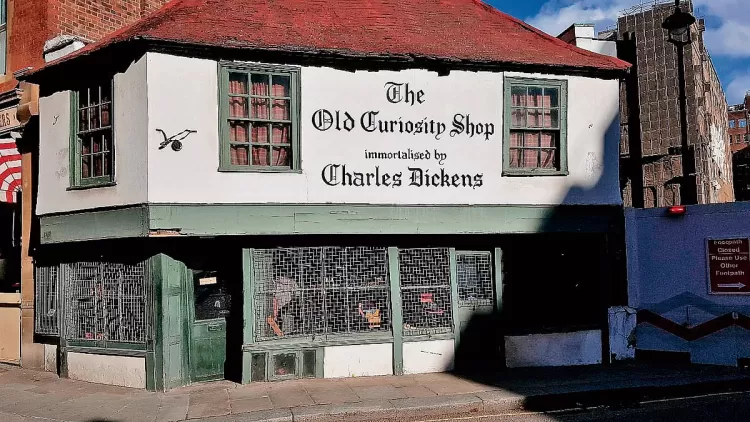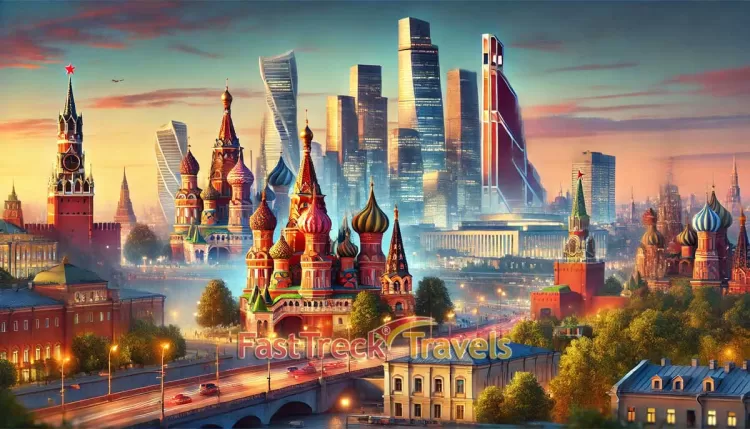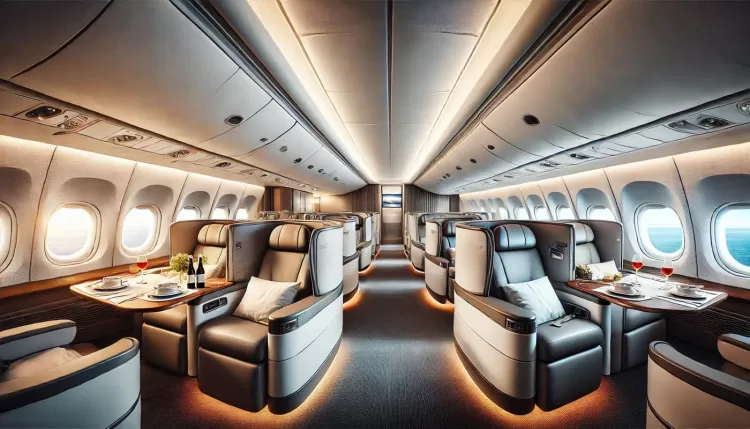Power in chaos: Trump’s brand of ‘disaster politics’ could inspire more autocrats – and democracies

Join our WhatsApp Community to receive travel deals, free stays, and special offers!
- Join Now -
Join our WhatsApp Community to receive travel deals, free stays, and special offers!
- Join Now -

As Donald Trump’s presidential inauguration got underway, the world was braced for more of what has been described as his instinct for “weaponised chaos”.
During his previous presidency, Trump upended political convention and created a sense of “permacrisis” – “the dizzying sense of lurching from one unprecedented event to another”.
In the past, crises have traditionally been seen as occasions that will make or break governments. Some leaders, such as Britain’s Harold Macmillan in the 1960s, saw them as negatives, famously saying “events, dear boy, events” were any leader’s greatest challenge.
Other perspectives say crises offer the chance to turn challenges into opportunities. These can offer positive outcomes, “bury” bad news or precipitate wars.
But there is now a sense of crisis being an everyday feature of our lives. According to European observers, this means “volatility, uncertainty, and a prolonged sense of emergency have become the new normal”.
This view sees crises as being uncontrollable, to which leaders and populations can only react. For many now in power, however, creating crisis has become a form of politics in itself.
Manufacturing crisis
Over the past 25 years, Russia’s Vladimir Putin has been adept at using crises to his advantage. He used the 1999 Moscow apartment bombings to crack down on Chechen separatists, the 2002 Dubrovka Theater siege to clamp down on the media, and the 2004 Beslan school hostage crisis to remove the direct...
What's Your Reaction?
 Like
0
Like
0
 Dislike
0
Dislike
0
 Love
0
Love
0
 Funny
0
Funny
0
 Angry
0
Angry
0
 Sad
0
Sad
0
 Wow
0
Wow
0













